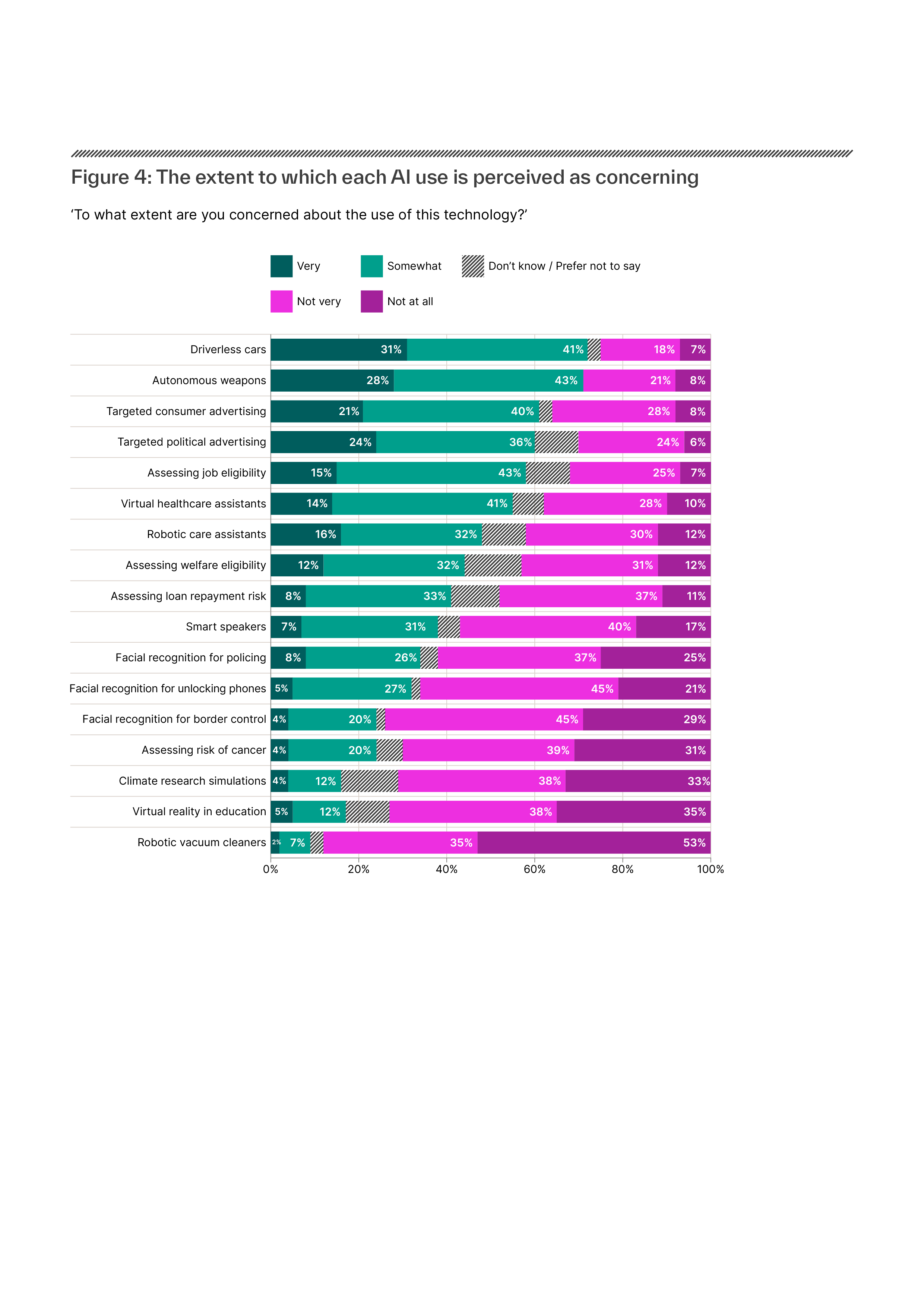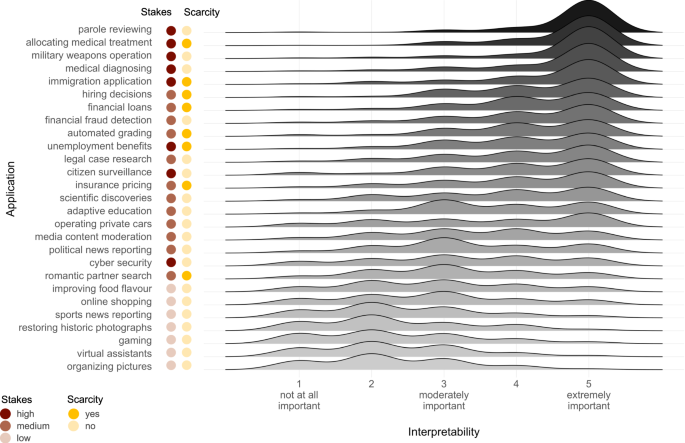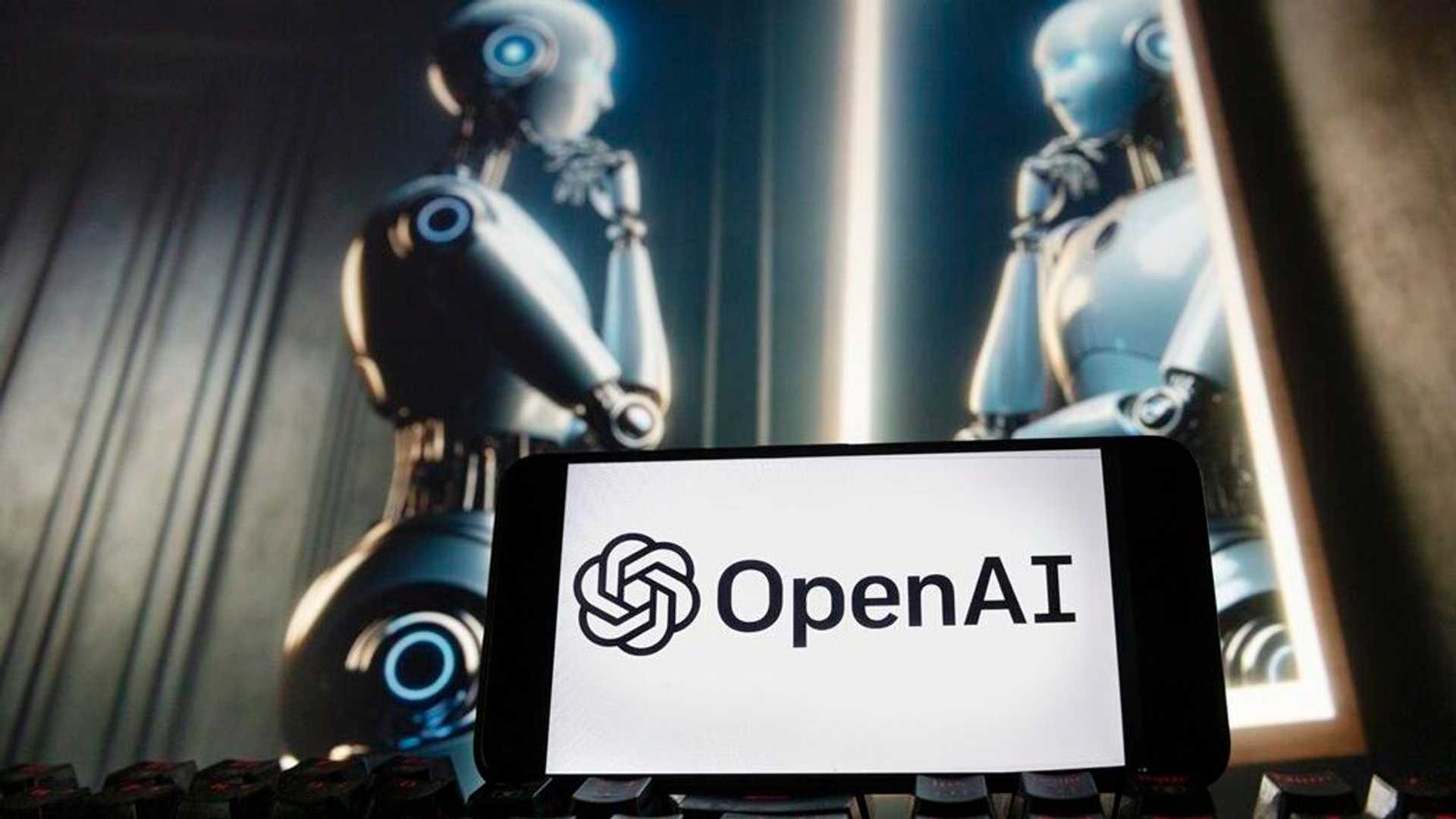OpenAI leader quits, says AI safety has 'taken a backseat'
OpenAI has recently introduced GPT-4o, an upgraded version of the GPT-4 model that drives ChatGPT, a model aimed at enhancing text, vision, and audio capabilities. The company’s Chief Technology Officer, Mira Murati, made this announcement, highlighting that GPT-4o is not only faster but also offers improved functionalities across various domains. This new model is accessible to all ChatGPT users at no cost, while paid subscribers can benefit from additional features.

AI Safety Concerns Raised
A former leader at OpenAI, Jan Leike, who parted ways with the company recently, expressed his concerns regarding the prioritization of AI safety at the prestigious organization. Leike stated that there has been a shift where safety considerations have been overshadowed by the pursuit of more advanced and appealing AI products.

In a series of social media posts, Leike shared his reasons for joining OpenAI, emphasizing his initial belief that it was the ideal environment for conducting AI research. However, he highlighted a longstanding disagreement with the company's leadership regarding core priorities, ultimately leading to his decision to resign.
Focus on AI Safety
As a trained AI researcher, Leike underscored the necessity for greater emphasis on preparing for the forthcoming wave of AI models. He stressed the significance of addressing safety concerns and assessing the potential societal impacts of such technological advancements. Leike cautioned against the inherent risks involved in developing machines that exceed human intelligence, noting the immense responsibility that OpenAI carries on behalf of humanity.
Leike advocated for a paradigm shift within OpenAI, urging the organization to adopt a safety-first approach towards developing Artificial General Intelligence (AGI). AGI represents a futuristic concept where machines possess intelligence comparable to or exceeding human capabilities.
Company Response and Ongoing Developments
OpenAI's CEO, Sam Altman, acknowledged Leike’s contributions to the company and expressed his regret over Leike's departure. Altman affirmed the company's commitment to addressing the challenges ahead and pledged to provide further insights on the matter in the near future.

Following Leike's resignation, the company confirmed the disbandment of the Superalignment team, established to focus on AI risks. The team members will now be integrated into various research endeavors across OpenAI.
An ongoing evolution in AI technologies has led to the development of models capable of mimicking human interactions and discerning individuals' emotional states. Companies like OpenAI, along with industry peers such as Google and Microsoft, have accelerated progress in generative AI applications.
Ethical Considerations and Regulatory Trends
While AI innovations offer numerous benefits such as improved decision-making and enhanced productivity, ethical concerns have gained prominence. The opacity surrounding the algorithms used by private companies in AI development has raised questions about data biases, privacy implications, and potential discriminatory outcomes.
Recognizing the need for oversight, the federal government is moving towards establishing regulatory frameworks to govern AI development. Recommendations from the National AI Advisory Committee include appointing Chief Responsible AI Officers and advocating for an AI Bill of Rights to uphold ethical standards.
In response to growing ethical dilemmas, organizations like AIAAIC have emerged to promote transparency and address AI-related grievances. These initiatives aim to monitor and mitigate potential ethical lapses in AI deployments and raise public awareness of the associated risks.
Public Perception and Emerging Challenges
Public awareness of AI applications remains limited, with misconceptions prevailing regarding the extent of AI integration in daily activities. Concerns about AI's societal implications, ranging from misinformation dissemination to algorithmic biases, continue to shape public attitudes towards technological advancements.










